Translator’s note: From among the various topics and masāʾil within the study of at-ṭahārah and wuḍū, is understanding the conditions of it; specifically the matter of the tasmiyah, the Shaykh, may Allah have mercy upon him, previously held a view of the obligation of pronouncing the basamalah before performing wuḍū, due to the narration, “[…] there is no wuḍū for the one who does not mention the Name of Allah.” The Shaykh found it to be a proof of a condition for its validity and thus, he would advise them to repeat their wuḍū.
Upon reading and researching the treatise of one of his students, the Shaykh reconsidered the ruling, mentioning that it is mustaḥabb (recommended), and not a condition, due to the aḥadīth used to establish it as a condition being shadīdat al-ḍaʿf, meaning it had extreme weakness. Thus, below are the two answers of the Shaykh, the first showing his previous position, and the second being his final position.
The Questioner: What is the ruling on saying the tasmiyah (uttering the Name of Allah) when making wuḍūʾ?
Shaykh Muqbil: There was differing between the earlier scholars; among them were those who held that the ḥadīth was authentic, and held the ruling based upon on it [so it was obligatory]. Al-Imām Aḥmad, may Allah have mercy upon him, when mentioning the ḥadīth, “There is no wuḍūʾ for one who does not mention the Name of Allah”, said that, “Nothing about it is authentic,” or that “it is not authentic.“
However, Ibn Abī Shaybah said, “It is authentically established that the Prophet ﷺ said this.” And Al-Ḥāfiẓ Ibn Ḥajar, may Allah haver mercy upon him said reconciling between both statements, “There is no contradcition between the statement of Imām Aḥmad and Ibn Abī Shaybah, for when Imām Aḥmad said that ‘it is not authentic’, then its intended meaning is that it is not from any single individual chain by itself. As for the statement of Ibn Abī Shaybah in his statement, “It is authentically established that the Prophet ﷺ said this’, with its intended meaning being through the various routes of its chain of narration”
[As we] remain upon the view that it is authentic, then the phrase “There is no wuḍūʾ[…]” can be understood to mean that there is “no complete wuḍūʾ” Nevertheless, what I hold personally is that is a complete negation of wuḍūʾ, and the matter is lenient, and all praise and thanks is due to Allah, due to the fact that the evidence is inexplicit, for it is possible that what is meant by it is, “no complete wuḍū”
But as I mentioned to you all before, that what I hold personally is that the tasmiyyah is necessary [for the wuḍū], even if I had forgotten in it the middle of wuḍūʾ or towards the end of it, I would repeat [the wuḍūʾ], in shāʾ Allāh.
From the tape: Questions from Our Brothers in America.
The Questioner: What is most authentic and correct view with you regarding the tasmiyah (uttering the Name of Allah) for wuḍūʾ?
Shaykh Muqbil: We used to say, “Whoever makes wuḍūʾ and does not mention the name of Allah upon it,” and we have said this in many fatāwā before, “that his wuḍūʾ is invalid, and so his prayer would be invalid as a result.”
However, the noble brother Shaykh ʿAbd al-ʿAzīz al-Barʿī, may Allah preserve him, authored a treatise, and he read to us some parts of the book, or he read all of it to us; and the evidences within it show to us that it [at-tasmiyah] is a virtuous action [and thus, not a condition nor an obligation].
As for the aḥādīth that establish it as a condition for the validity of wuḍū, then they are all extremely weak, and are not enough to even as shawāhid (corroborating narrations) or mutābaʿāt (supporting narrations).
From the tape: al-Ajwibah ʿalā Asʾilat al-ʿĪzarī
